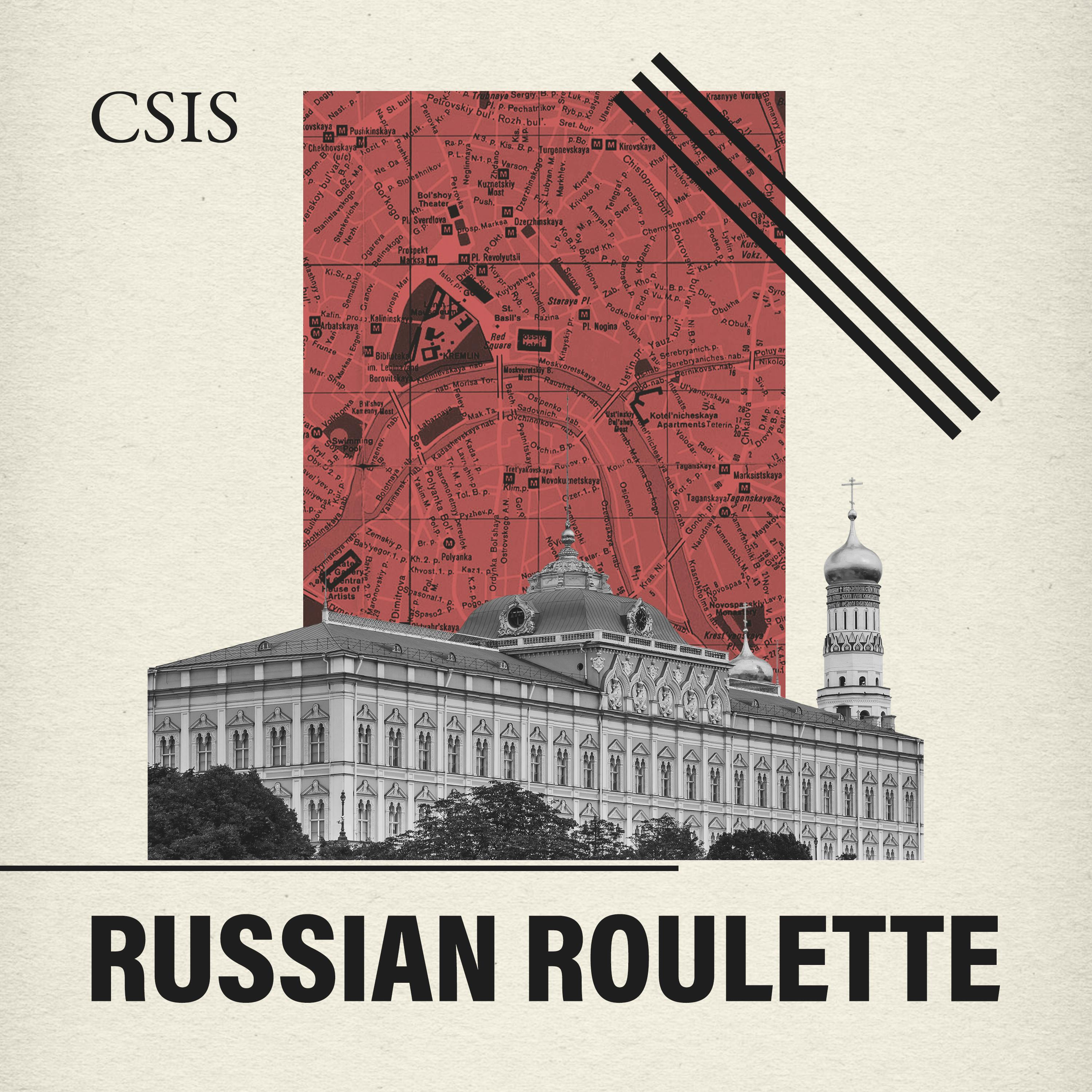
25 Years of Putinism with Sam Greene

Russian Roulette
Deep Dive
What was the initial perception of Vladimir Putin when he first came to power in 2000?
When Vladimir Putin first came to power in 2000, he was described as a 'man without a face' by Masha Gessen. Many in the West hoped he might be a democratic reformer, but this perception quickly shifted as his policies evolved.
Why did Putin prioritize the primacy of the state early in his presidency?
Putin prioritized the primacy of the state because he inherited a government that was heavily indebted and lacked autonomy. He sought to reassert state control by targeting entities like television, oligarchs, governors, and the political system, which he saw as limiting the state's power.
How has Putin's approach to public opinion evolved over his 25 years in power?
Putin's approach to public opinion has evolved from avoiding ideology to using wedge issues like LGBT rights and religious issues to marginalize opposition and galvanize support. He has also relied on propaganda to create a perception of social consensus, targeting the middle group of Russians who are neither staunch liberals nor hardline nationalists.
How has the Russian public reacted to the war in Ukraine?
The Russian public has largely shown inertia in response to the war in Ukraine. Many are aware of the atrocities and the scale of the conflict but choose to dismiss it. This behavior aligns with a long-standing habit of insulating themselves from the state and its actions.
What role does ideology play in Putin's rule?
Ideology has become increasingly central to Putin's rule, especially after 2012. He shifted from being all things to all people to using wedge issues and framing conflicts as battles against the West. This ideological shift has helped him marginalize opposition and consolidate power.
What is the likelihood of a peaceful transition of power after Putin?
A peaceful transition of power after Putin is unlikely. The most probable scenario is inertia, with Putin continuing until he is no longer able to rule. Any transition would likely involve intense elite competition and instability, especially given the high stakes of the war in Ukraine.
How does the war in Ukraine affect Russia's economy?
The war in Ukraine has become central to Russia's economy, driving economic production and growth. Without the war, the country would likely be in stagnation or recession. The war also justifies repression and maintains the regime's control over the population and elite.
Is there potential for a rapprochement between the US and Russia under a Trump administration?
The potential for rapprochement between the US and Russia under a Trump administration is limited. While Moscow may seek to exploit divisions between the US and Europe, it is unlikely to trust agreements made by Trump. Russia will likely prioritize maintaining flexibility and control over any durable commitments.
- Putin's initial image as a 'man without a face,'
- his focus on state primacy,
- gradual consolidation of power,
- lack of clear initial intentions
Shownotes Transcript
Max and Maria were joined by Dr. Sam Greene to reflect on a quarter century of Putinism in Russia, how Vladimir Putin's rule has changed the country, and where his regime might be headed from here.
Follow Sam's writing on Substack by subscribing to his blog, TL;DRussia).